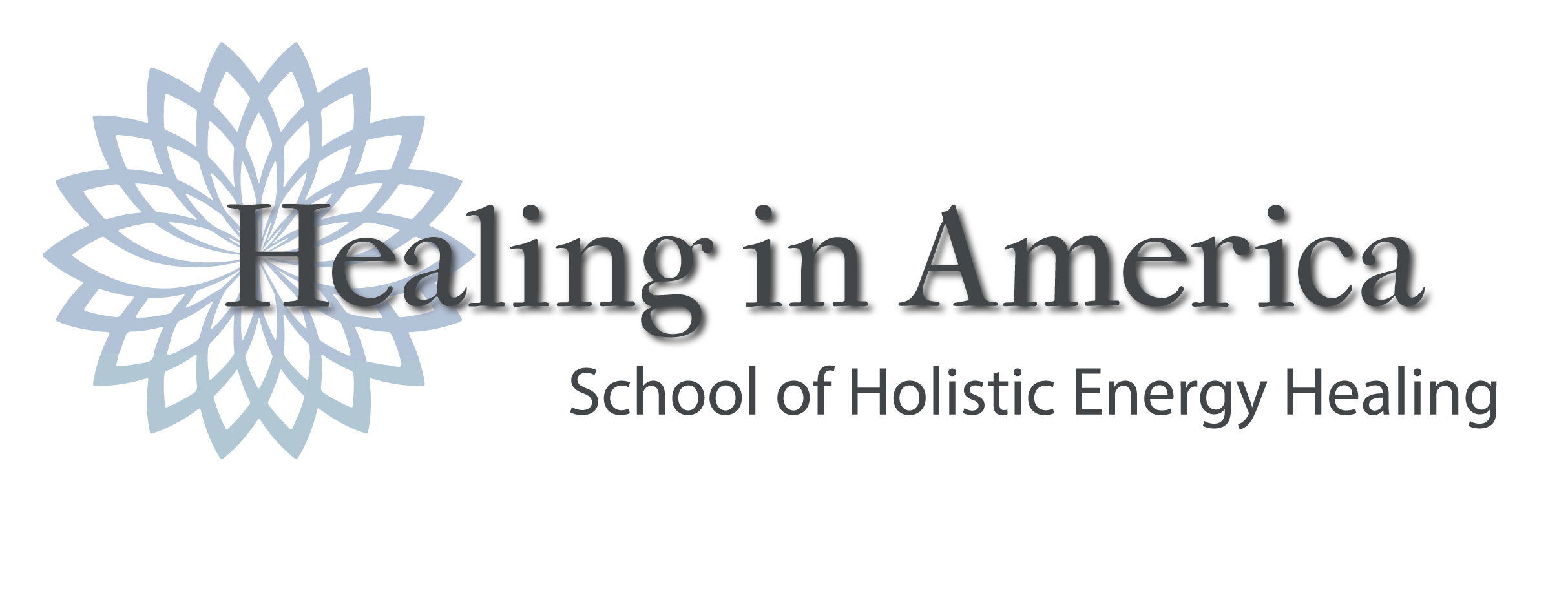What is the difference between complementary and alternative medicine?
What is the difference
between complementary
and alternative medicine?
Complementary and alternative medicine (CAM) are terms that are often used together, but they refer to different approaches to healthcare.
Complementary Medicine
Complementary medicine is used alongside conventional medical treatments. It is considered a "complement" to mainstream medicine. It is also sometimes confused with “complimentary” which means is free! It is not!!
The goal is to enhance the effectiveness of traditional medical interventions, reduce side effects, or improve overall well-being. Practices such as spiritual healing, energy healing, acupuncture, massage therapy, yoga, and dietary supplements are considered complementary when used in conjunction with conventional medical treatments.
Over the last few years many more individuals are turning to complementary therapies as there its growing concerns about side effects of conventional medicine and using conventional and complementary treatments together makes more sense.
Alternative Medicine
Alternative medicine is used in place of conventional medical treatments. It is an alternative or substitute for mainstream medicine.
People may choose alternative medicine either because they prefer a more natural or holistic approach or because they are dissatisfied with the results or side effects of conventional treatments. Examples of alternative medicine may be herbal medicine, homeopathy, and traditional Chinese medicine.
These are sometimes considered a substitute for allopathic medicine and many have been used for thousands of years, proving their advocacy.
It's important to note that the use of complementary and alternative medicine varies widely, and the effectiveness of specific therapies can vary from person to person. Some complementary and alternative practices have gained widespread acceptance and are used in conjunction with conventional medicine in integrative healthcare approaches.
On the other hand, some alternative therapies lack scientific evidence of their effectiveness and may pose risks if used as a sole treatment for certain conditions.
In recent years, the term "integrative medicine" has emerged to describe an approach that combines mainstream medical treatments with complementary therapies in a coordinated way.
This approach aims to address the whole person, taking into account physical, emotional, and social factors to promote overall health and well-being.
As someone who has been a holistic energy healer for over 40 years, I sometimes get asked by clients if they should ignore conventional medicine and just stick to complementary therapies as they like the more natural approach.
Although I never make the decision for them, depending on their prognosis, I often suggest a combination of both may be the right path.
Each approach has advantages, but as both can play a part in the recovery of the patient, a combination of both is what “feels” comfortable for me.
Try it and see!
With Love & Light
Roger
“Each one of us has the ability to heal ourselves-and others. That gift, which is often dormant, can be awakened and used to transform our lives, and those around us, into something remarkable”

